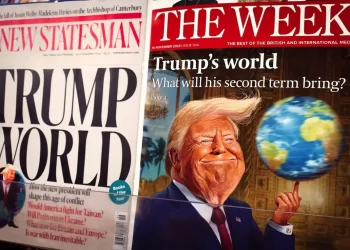Abstract:
Multilateralism, understood as cooperation among many states to address global issues, has been the dominant paradigm of international relations since the end of World War II. However, in the twenty-first century, multilateralism has faced many challenges and limitations, especially in the areas of trade, climate change, and regional security. This paper explores the concept of minilateralism, the cooperation among a small group of states that share a common interest or goal, as an effective alternative to multilateralism. It argues that minilateralism can offer more flexibility, efficiency, and impact than multilateralism, as it can overcome the problems of consensus, universality, and enforcement that often hamper multilateral efforts. It also provides examples of minilateral partnerships that have emerged in the Indo-Pacific region, such as the Quadrilateral Security Dialogue, the India-Japan-US trilateral, and the India-France-Australia trilateral partnerships. It concludes that minilateralism does not have to undermine multilateralism, but rather can complement and supplement it in complex and diverse situations where ad-hoc flexibility, diplomacy, and confidence-building are crucial for success.
Keywords
minilaterralism, multilateralism, international cooperation, trade, climate change, regional security, Indo-Pacific region, strategic partnerships.










